By PJ Parrish
It’s raining here today. And I just finished my French Babbel lesson, which happened to focus on weather. Both things made me realize how much I love words.
I love learning new ones. This morning, reading a newspaper opinion piece on the grid crisis going on in Texas, I found out what a kakistocracy is.
I love finding out where words come from. Geezer is cool example. It comes from the obsolete word guiser, meaning someone who walks around in disguise, a performer in a masquerade. So a word that was used in the Middle Ages to refer to an actor now means a crabby old dude. Unless you’re British, then it’s just slang for bloke.
I love idioms. They give special spice to the places where we live. Like I said, it’s raining here in Tallahassee today. It’s raining cats and dogs. If I were in Tupelo, where my friend Philip was born, it would be raining harder than a cow pissing on a flat rock. If I were in Toulouse, Il fait un temps de chien. (The weather would have gone to the dogs).
I love the sounds some words make. Splat! Kaboom! Murmur…hiss…sizzle. There is a ten-dollar word for this I learned in high school — onomatopoeia. The French, I have learned via Babbel, have their own versions of sound-effect words. Badaboum! means crash! Patati patata is their version of yada yada yada. Miam Miam is French for yum-yum although to my ear it sounds like a cat who’s digging his Fancy Feast.
I love how we take a word that means one thing and make it stand for something else. Metaphors and similes tickle me to death. A boxer has cauliflower ears. Same in French, by the way: oreilles en feuille de chou. A CEO might be a big wheel, but in France he’s une grosse legume (a fat vegetable, which seems very fitting in many cases). And there are all the great variations on a theme for not-so-bright folks: He’s not the brightest bulb on the tree, sharpest knife in the drawer, a few fries short of a Happy Meal, dumber than a bag of hammers. And from my Tupelo-born friend Philip: If she were any dumber we’d have to water her. Or as the French say, elle a une araignée au plafond. Which means she has a spider on the ceiling. Which makes me think of our own idiom bats in the belfry. I had to go look up where that came from, of course. You fellow crime dogs are gonna like this. It dates back to 1897, from an article in the Paducah Daily Sun:
CHARGED WITH LUNACY.
Jane Jones Seems to Have Bats in Her Belfry.
Constables Patton and Futrell Have a Time Taking Her.
Jane Jones, who stood guard over the putrid remains of her daughter, Ella Jones, at her home on South Fourth street yesterday, and would not suffer them interred until Coroner Nance went to the house with a police officer, to enforce a burial, was arrested this morning by Constables Patton and Futrell on a writ of lunatico inquirendo and taken to the county jail. The aged woman evidently “has bats in her belfry,” and will be tried before Judge Bishop at 3 o’clock this afternoon.
Might be a book in there somewhere.
Which brings us full circle. Mostly, I love the process of trying to put a bunch of words together in just the right way so as to make someone else try to understand the world as I do. That is true of any of you who are reading this post now. You love to play with words. You love to stitch them together to make stories.
The rain is still coming down hard here in Tally, a steady tattoo backed up with a low rumble of base drum thunder. I’ve taken the laptop out to sit on the screened in porch so I can listen to it. I am filled with a deep, delicious feeling of chrysalism.
Don’t know that word? It means the amniotic tranquility of being indoors during a thunderstorm. It was coined by a John Koenig, a student at Macalester College in Minnesota. He was trying to write poetry and instead created The Dictionary of Obscure Sorrows. The idea was that it would contain all the words he needed for his poetry, including emotions that had never been linguistically described. He’s since created a website that one writer called “delightful for etymologists and wordsmiths…a beautiful experiment on the fine line between babble and Babel.”
You won’t know these words from the Dictionary of Obscure Sorrows, but I bet you’ll recognize the feelings:
- Sonder: The realization that each passerby has a life as vivid and complex as your own.
- Opia: The ambiguous intensity of looking someone in the eye, which can feel simultaneously invasive and vulnerable.
- Monachopsis: The subtle but persistent feeling of being out of place.
- Énouement: The bittersweetness of having arrived in the future, seeing how things turn out, but not being able to tell your past self.
- Rubatosis: The unsettling awareness of your own heartbeat.
- Kenopsia: The eerie, forlorn atmosphere of a place that is usually bustling with people but is now abandoned and quiet.
- Mauerbauertraurigkeit: The inexplicable urge to push people away, even close friends who you really like.
- Jouska: A hypothetical conversation that you compulsively play out in your head.
- Anecdoche: A conversation in which everyone is talking, but nobody is listening
- Ellipsism: A sadness that you’ll never be able to know how history will turn out.
- Kuebiko: A state of exhaustion inspired by acts of senseless violence.
- Exulansis: The tendency to give up trying to talk about an experience because people are unable to relate to it.
- Rückkehrunruhe: The feeling of returning home after a trip only to find it fading rapidly from your awareness.
- Liberosis: The desire to care less about things.
- Altschmerz: Weariness with the same old issues that you’ve always had – the same boring flaws and anxieties that you’ve been gnawing on for years.
- Occhiolism: The awareness of the smallness of your perspective
And there’s this one: Nodus Tollens: The realization that the plot of your life doesn’t make sense to you anymore.
I’ll finish with my favorite: Vellichor: The strange wistfulness of used bookshops.
The rain has stopped finally. And so have I. Go make up some words.


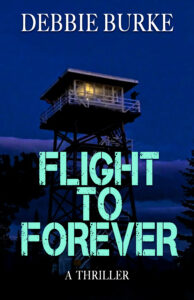




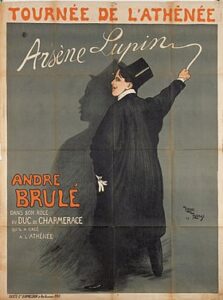
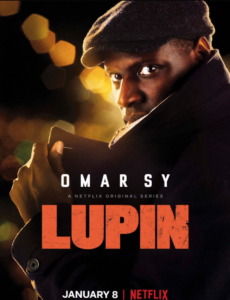

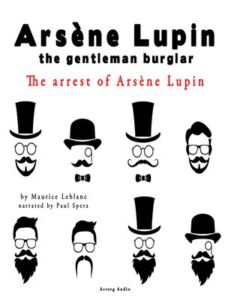
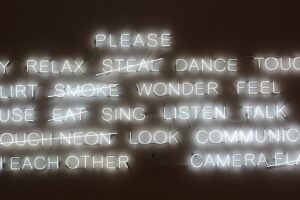 Rewriting, love it or hate it?
Rewriting, love it or hate it?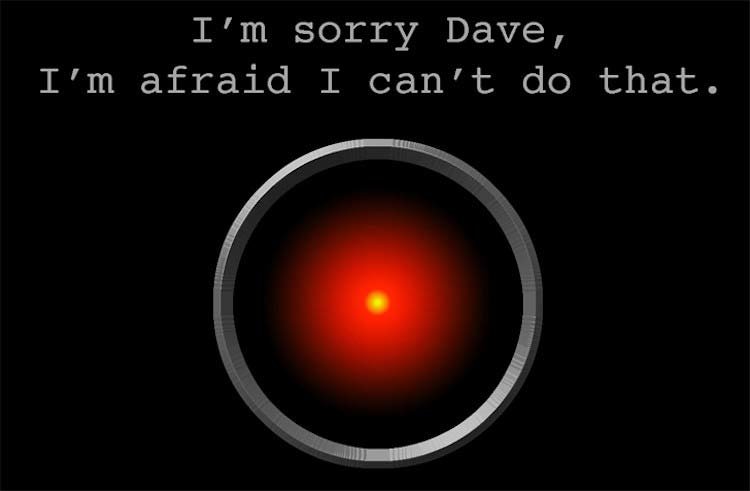
 I’m keeping a close eye on Text-To-Speech (TTS) technology. I think the next tech wave is interactive ebooks where the reader will have a solid listener option for the device to convincingly turn the text into a realistic voice. That virtual reality already exists. It’s just not perfected yet. But my bet is within a few short years AI will allow a quick tap on your eReader, and you’ll listen to your book as if Bitching Betty was real.
I’m keeping a close eye on Text-To-Speech (TTS) technology. I think the next tech wave is interactive ebooks where the reader will have a solid listener option for the device to convincingly turn the text into a realistic voice. That virtual reality already exists. It’s just not perfected yet. But my bet is within a few short years AI will allow a quick tap on your eReader, and you’ll listen to your book as if Bitching Betty was real. There’s some good AI reading apps out there, no doubt. Amazon’s Polly is remarkable. Word on the street is that AZ has an experimental TTS program on the go that aims to perfect NGL (natural language generation) on Kindle devices. Currently, AZ has a Kindle text-to-speech enablement that’s terribly inefficient. Here’s a quote about the new TTS program from an Amazon side channel I found in the r-hole:
There’s some good AI reading apps out there, no doubt. Amazon’s Polly is remarkable. Word on the street is that AZ has an experimental TTS program on the go that aims to perfect NGL (natural language generation) on Kindle devices. Currently, AZ has a Kindle text-to-speech enablement that’s terribly inefficient. Here’s a quote about the new TTS program from an Amazon side channel I found in the r-hole:
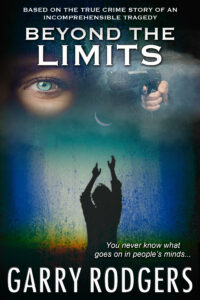
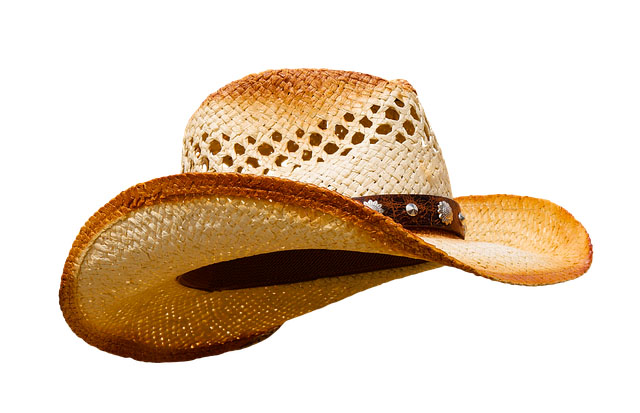 What is author branding? When I attended a SleuthFest conference, one of the invited guests was Neil Nyren, a top gun at Penguin Putnam. I did a workshop on Point of View, and served on several panels. My latest releases that year were my three Triple-D Ranch books, and when I was “working” I wore my cowboy boots and hat. (I live in Colorado: the boots are my dress shoes, and the hats are common attire.)
What is author branding? When I attended a SleuthFest conference, one of the invited guests was Neil Nyren, a top gun at Penguin Putnam. I did a workshop on Point of View, and served on several panels. My latest releases that year were my three Triple-D Ranch books, and when I was “working” I wore my cowboy boots and hat. (I live in Colorado: the boots are my dress shoes, and the hats are common attire.)



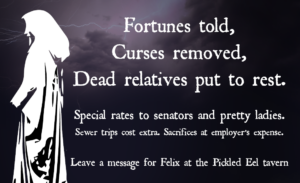
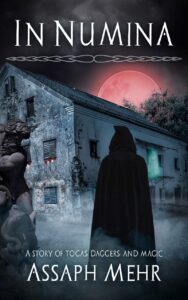

 Happy Valentine’s Day! Since love is in the air, I thought I’d write about my own passionate affair. Don’t worry. My wife knows all about it, and doesn’t mind, though she wonders at my ardent attachment. “It’s just a punctuation mark,” she says.
Happy Valentine’s Day! Since love is in the air, I thought I’d write about my own passionate affair. Don’t worry. My wife knows all about it, and doesn’t mind, though she wonders at my ardent attachment. “It’s just a punctuation mark,” she says.